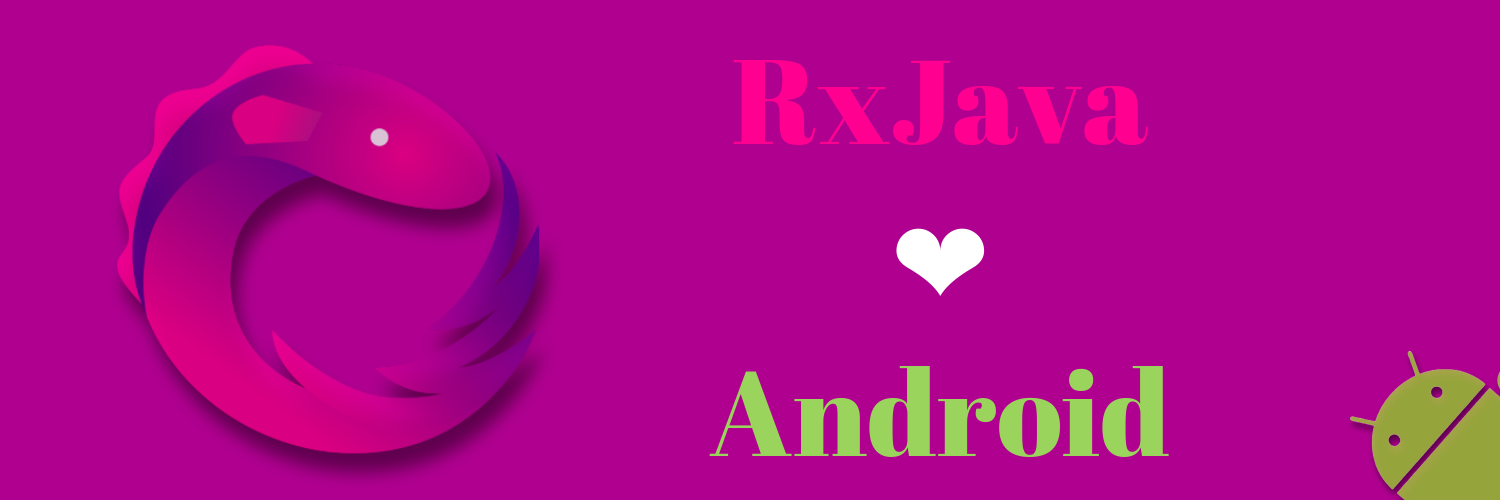Rxjava fromCallable() Vs defer()
A RxJava Tutorial

In this post we talk about how to use Observable.fromCallable() and Observable.defer() to convert exising functionality into the Rx.
Imagine that you have a UserService class, in it there is a getUserFromDb() function. This function is developed before RxJava and cannot be changed. But somehow you need a function which returns a Observable<User>. What could you do?
The UserService Example
public class UserService {
/**
* Gets User from database, this should not be run in UI thread.
*/
public User getUserFromDb() throws InterruptedException {
Thread.sleep(10000);
return new User(1L);
}
public Observable<User> getUserObservable() {
try {
return Observable.just(getUserFromDb());
} catch (InterruptedException e) {
return Observable.error(e);
}
}
}public class User {
public final long id;
public User(long id) {
this.id = id;
}
}The wrong approach
It is very tempting to use the Observable.just() to wrap the function call like this:
public Observable<User> getUserObservable() {
try {
return Observable.just(getUserFromDb());
} catch (InterruptedException e) {
return Observable.error(e);
}
}And when need to call it, we do:
userService.getUserObservable()
.subscribeOn(Schedulers.io())
.observeOn(AndroidSchedulers.mainThread())
.doOnSubscribe(new Action0() {
@Override
public void call() {
Log.d(TAG, "start loading...");
}
})
.subscribe(new Action1<User>() {
@Override
public void call(User user) {
Log.d(TAG, "call: user " + user);
}
}, new Action1<Throwable>() {
@Override
public void call(Throwable throwable) {
Log.e(TAG, "call: ", throwable);
}
});You may think that since we subscribeOn(Schedulers.io()) and observeOn(AndroidSchedulers.mainThread()) everything should just be fine. WRONG. Turns out that it is still blocking on the UI thread. So this is not what we wanted.
Use Observable.defer()
Now let’s trying wrap the call inside the Observable.defer():
public Observable<User> getUserObservableDefer() {
return Observable.defer(new Func0<Observable<User>>() {
@Override
public Observable<User> call() {
try {
return Observable.just(getUserFromDb());
} catch (InterruptedException e) {
return Observable.error(e);
}
}
});
}Now this works as we expected, but the it is still a lot of code plus that we have to handle the exception by ourselves.
Use Observable.fromCallable()
public Observable<User> getUserObservableCallable() {
return Observable.fromCallable(new Callable<User>() {
@Override
public User call() throws Exception {
return getUserFromDb();
}
});
}This works equally well, and we don’t need to handle the exception ourselves, best choice!
~THE END~

Twitter
Google+
Facebook
Reddit
LinkedIn
StumbleUpon
Email